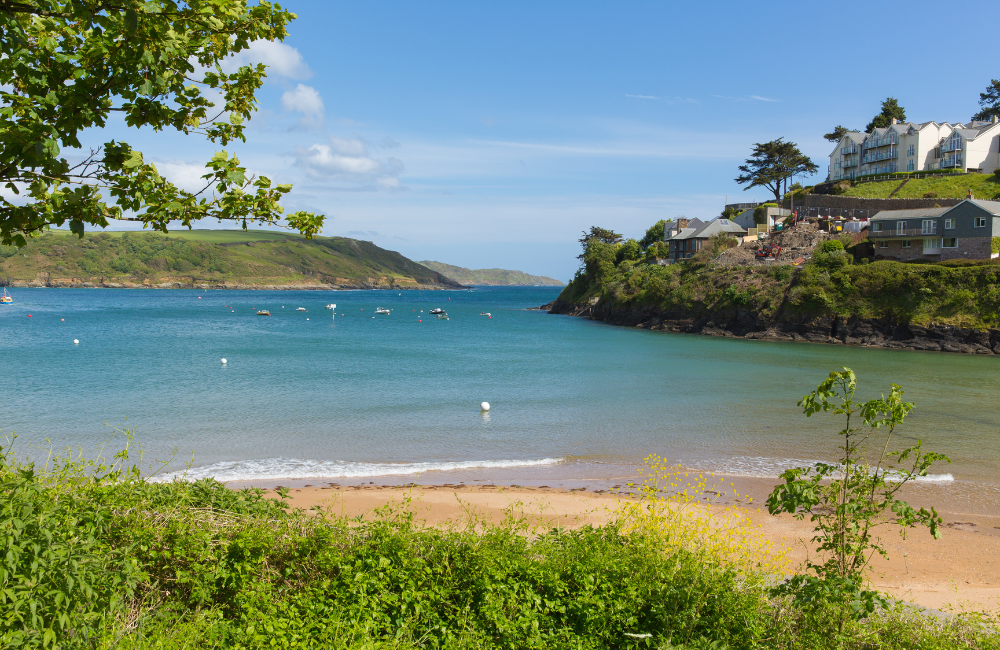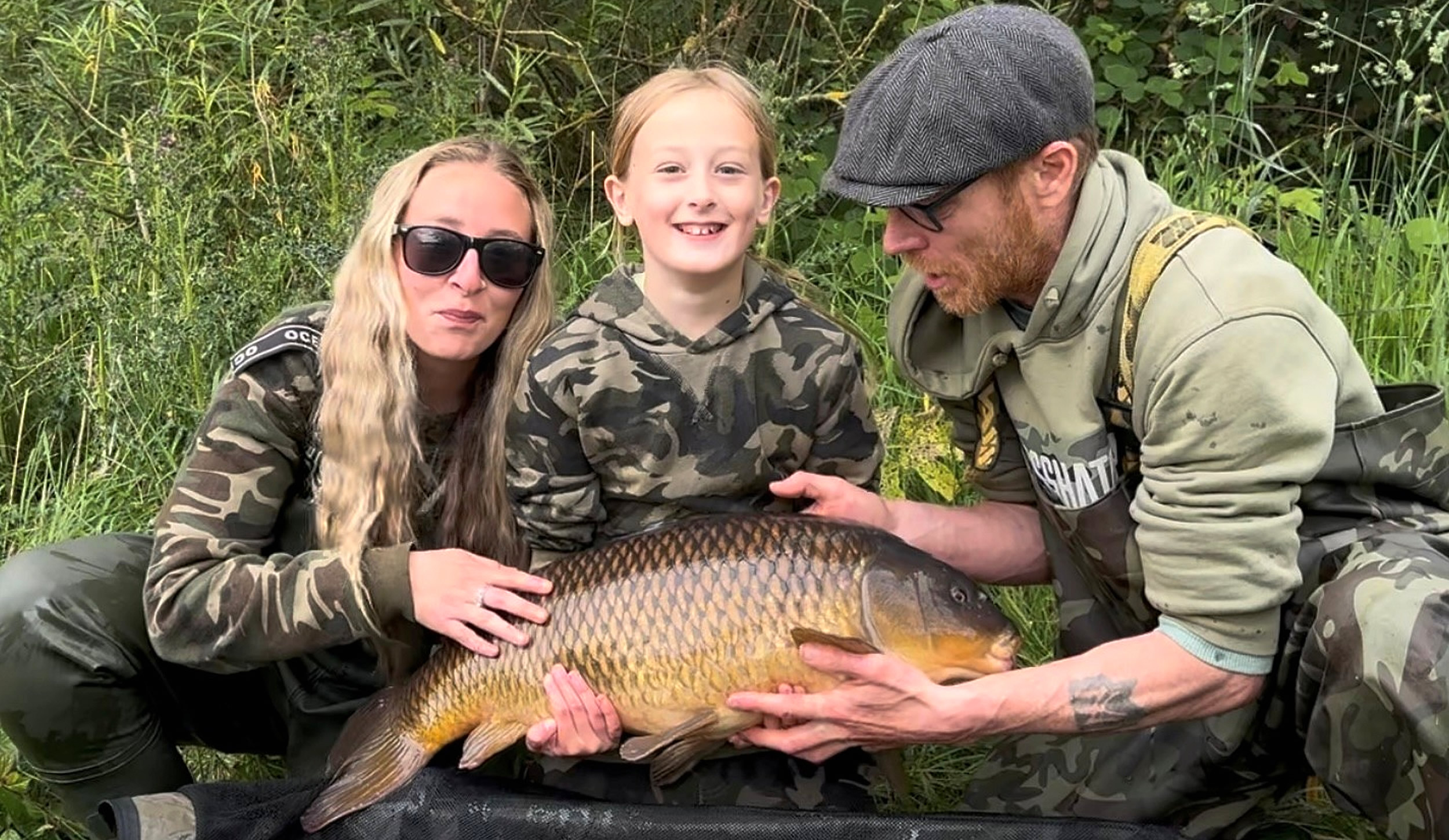
Marine
Massive public validation of Devon & Severn IFCA’s protection of estuaries must see other IFCAs follow suit
Devon & Severn IFCA’s recent public consultation on re-introducing a limited net fishery within Salcombe Estuary has served as an incredible show of support for the direction the IFCA set out on four years ago when passing their wider netting and permits Byelaw, resulting in a ban on any form of drift or gill netting within all of the estuaries in their region.
The proposal to re-open Salcombe Estuary to fixed nets for six months of the year saw 360 consultation responses, without a single ‘template’ response among them. This encompassed 43 organisations, representing tens of thousands of members between them and 317 individual responses.
For some context, the intensely marketed and nationally significant bass fisheries management plan received over 100 fewer responses.
Only six responses were in favour, including responses from four commercial fishers, whilst amongst the 354 opposed responses were six from commercial fishers.
Of the organisations to respond (and oppose), notable inclusions are Natural England, Devon Wildlife Trust, South Hams District Council, Kingsbridge Town Council, multiple marine mammal conservation groups, local environmental groups and recreational angling organisations.
The public has spoken, and the message is clear: our estuaries must be protected. Whilst the responses laid out specific reasons for protection at Salcombe, the vast majority can be read as applicable to all estuaries.
The Devon and Severn IFCA officers diligently set out a report highlighting how any netting activity within the estuary would:
- Not be consistent with the response to the public consultation;
- Not be consistent with many of the objectives set out in the Fisheries Act 2020;
- Not be consistent with many of the goals set out in the national Bass Fisheries Management Plan;
- Not be consistent with the principles of the Bass Nursery Area legislation;
- Not be consistent with the IFCA’s Statutory Duties set out in the Marine and Coastal Access Act 2009;
- Not be consistent with scientific advice;
- Not be consistent with advice from D&SIFCA Officers.
The Angling Trust now calls on all IFCAs to review their position on estuaries and ask if their protections are enough and in keeping with the compelling response to this groundbreaking consultation.
We commend Devon and Severn IFCA for their officer’s work in summarising many detailed responses into a concise and compelling report that resulted in a clear 11-0 vote to continue prohibiting fixed and drift netting from the estuary.
Their full papers can be found alongside the 22nd February authority meeting documents here: https://www.devonandsevernifca.gov.uk/authority-meetings/
Fixed and drift netting in all estuaries around our coastline must promptly move to be prohibited. The Angling Trust will continue to ask each IFCA for their justifications for not affording the same protection to their estuaries as we now see within Devon and Severn.
We must also move to accept that many other inshore environments offer the same ecologies and sanctuaries for fish, marine mammals and seabirds that estuaries do and seek a full mobile, fixed and drift netting exclusion zone of a minimum of 1 mile from our shorelines.
As recreational sea anglers, it’s essential to stay informed and engaged in matters that directly impact the health of our ocean and the future of our sport. The Angling Trust is committed to fighting for fish, fishing and the environment.
Make sure you subscribe to our newsletter and join our Facebook group to be the first to know about the latest sea angling policy developments.
You might also like

SENSAS FUTURE NETWORKS DO THE DOUBLE DOUBLE IN YOUTH…

NATIONAL GLORY FOR RAMMY AT LINDHOLME

Three British record fish claims ratified

Making plans for kids and holiday activities? Fun, safe…

Get Fishing Fund – Funded Project: Fishing Opens New…

Climate change fuelling dangerous river pollution across England and…

NEW BLOG: The best thing about fishing – from…

Ethan gets his Gold Get Fishing Award – young…

Summer of Fishing 2025 is here – get into…

Get Fishing Awards were at Bristol Festival of Nature…

VIDEO: It’s not all about the fishing… Check out…

ENGLAND TAKE GOLD IN HOME NATIONS BOAT CHAMPS

SENSAS FUTURE NETWORKS DO THE DOUBLE DOUBLE IN YOUTH…

NATIONAL GLORY FOR RAMMY AT LINDHOLME

Three British record fish claims ratified

Making plans for kids and holiday activities? Fun, safe…

Get Fishing Fund – Funded Project: Fishing Opens New…

Climate change fuelling dangerous river pollution across England and…

NEW BLOG: The best thing about fishing – from…

Ethan gets his Gold Get Fishing Award – young…

Summer of Fishing 2025 is here – get into…

Get Fishing Awards were at Bristol Festival of Nature…

VIDEO: It’s not all about the fishing… Check out…

ENGLAND TAKE GOLD IN HOME NATIONS BOAT CHAMPS

SENSAS FUTURE NETWORKS DO THE DOUBLE DOUBLE IN YOUTH…

NATIONAL GLORY FOR RAMMY AT LINDHOLME

Three British record fish claims ratified

Making plans for kids and holiday activities? Fun, safe…

Get Fishing Fund – Funded Project: Fishing Opens New…

Climate change fuelling dangerous river pollution across England and…

NEW BLOG: The best thing about fishing – from…

Ethan gets his Gold Get Fishing Award – young…

Summer of Fishing 2025 is here – get into…

Get Fishing Awards were at Bristol Festival of Nature…

VIDEO: It’s not all about the fishing… Check out…









